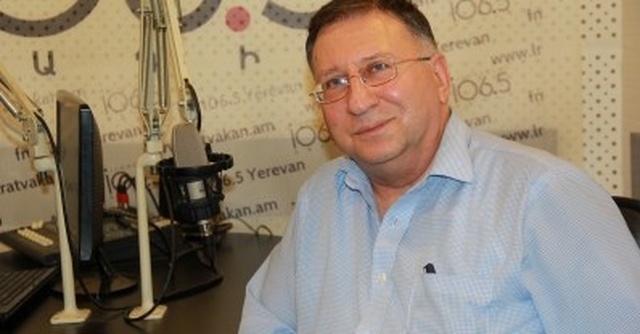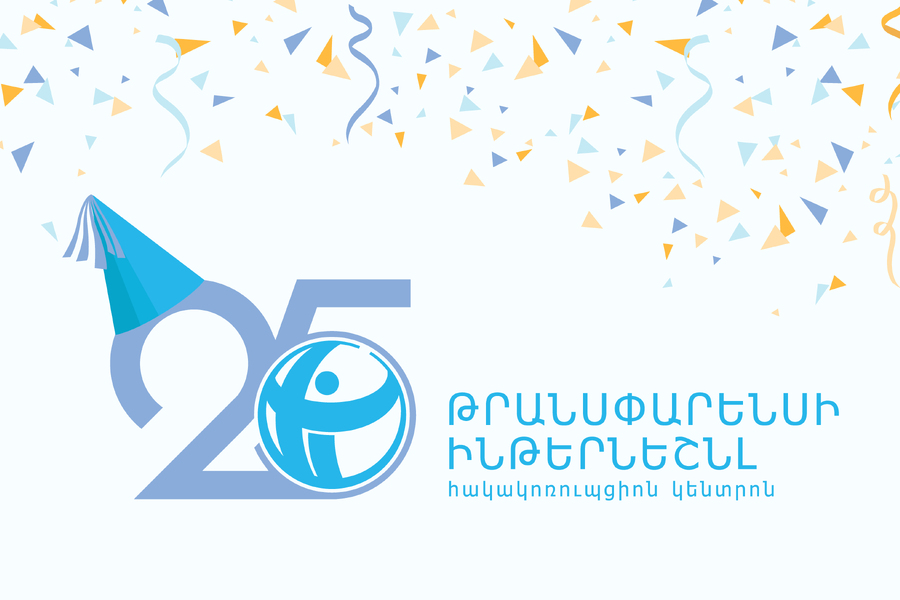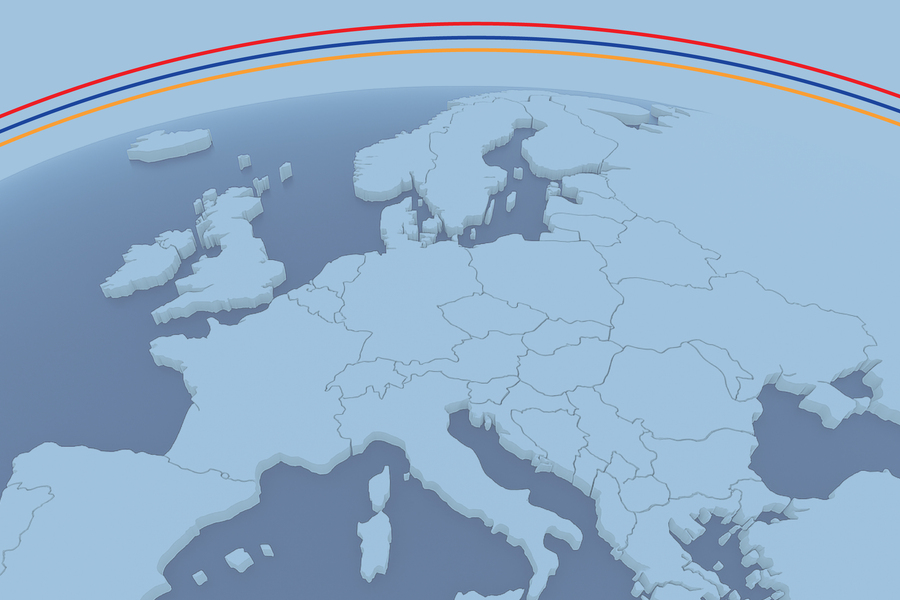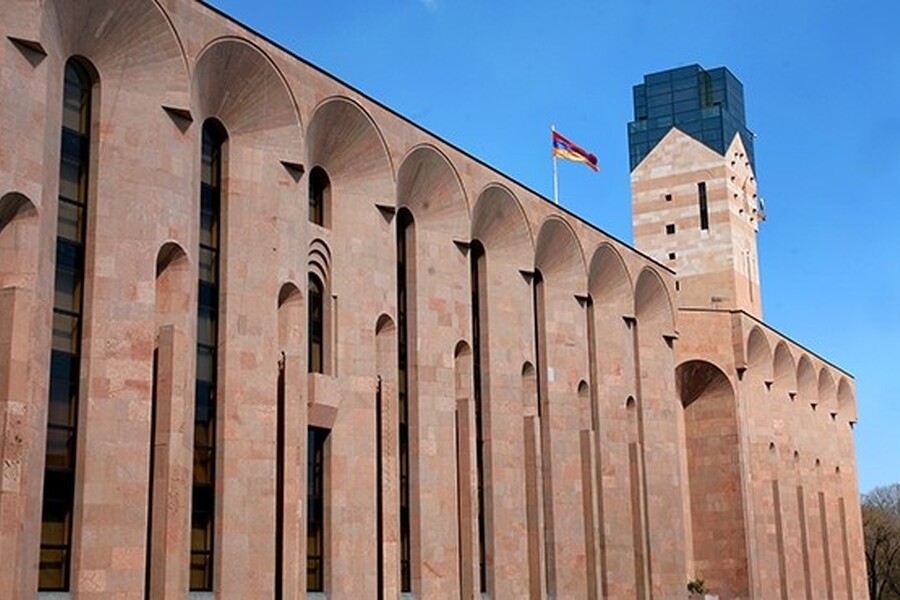“Tarm Ugheghov” (With a clear head) on anticorruption policy
On March 16, 2015 Varuzhan Hoktanyan, Executive Director of Transparency International Anticorruption Center (TIAC) was the guest of “Tarm Ugheghov” (With a clear head) program of Lratvakan (News) Radio. He reflected on anticorruption policy and corruption situation. If there were any positive changes in anticorruption policy they were due to Armenia’s international obligations and donor organizations. In this respect there were certain improvements in legislative field and in electronic government. But they were limited successes. According to Hoktanyan there was no measurable progress in reality. He does not see any willingness to change the economic model.
As for Armenia’s international obligations, as a member of OECD Istanbul Anti-corruption Action Plan, Armenia undertook to carry out third round monitoring, as GRECO member – fourth evaluation round, and GRECO evaluation team’s on-site visit to Armenia is planned in April. As a country that has signed and ratified UNCAC, Armenia should bring national legislation in compliance with UNCAC.
Corruption is derivative of serious institutional problems. When they fail to work corruption substitutes those functions that the institutes should have done. In most cases it is caused as a result of an economic model which is not effective and not in the interests of the state. When personal interests are above public interests corruption becomes systemic and without corruption the system is unable to operate. The system should be changed either by regime change or by demonstration of political will.
Regime change is necessary but not sufficient condition for reducing corruption. In different countries regime change can bring to different consequences. Another means is manifestation of political will by changing economic and political system as a result of implementation of serious reforms. Liberalization took place in authoritarian Singapore, and favoritism, monopolies, clan system were dismantled by the ruling party. Singapore, is an exceptional authoritarian state, where anticorruption struggle boosted the change of economic model. Usually the experience of other countries showed that it was possible to reduce corruption as a result of profound, drastic, crucial reforms.
As for the newly created anticorruption bodies, in the opinion of Hoktanyan there is no difference between the former and the new anticorruption council, since both are consultative bodies. Only there was an attempt to provide a wider advisory circle. However, their decisions are not legal acts and are not binding for implementation. From this point of view there is no conceptual difference. However, two significant conceptual elements will emerge. An attempt is made to strengthen institutional base by including full-time employees and representatives from non-state sector - NGOs, Public Council, Union of Communities of Armenia, opposition factions.
TIAC has adopted an approach to do work without being involved in councils. Varuzhan Hoktanyan thinks that there should be a national dialogue by involving parties and civil society. The previous years’ experience showed the big risk that there will be imitation.





